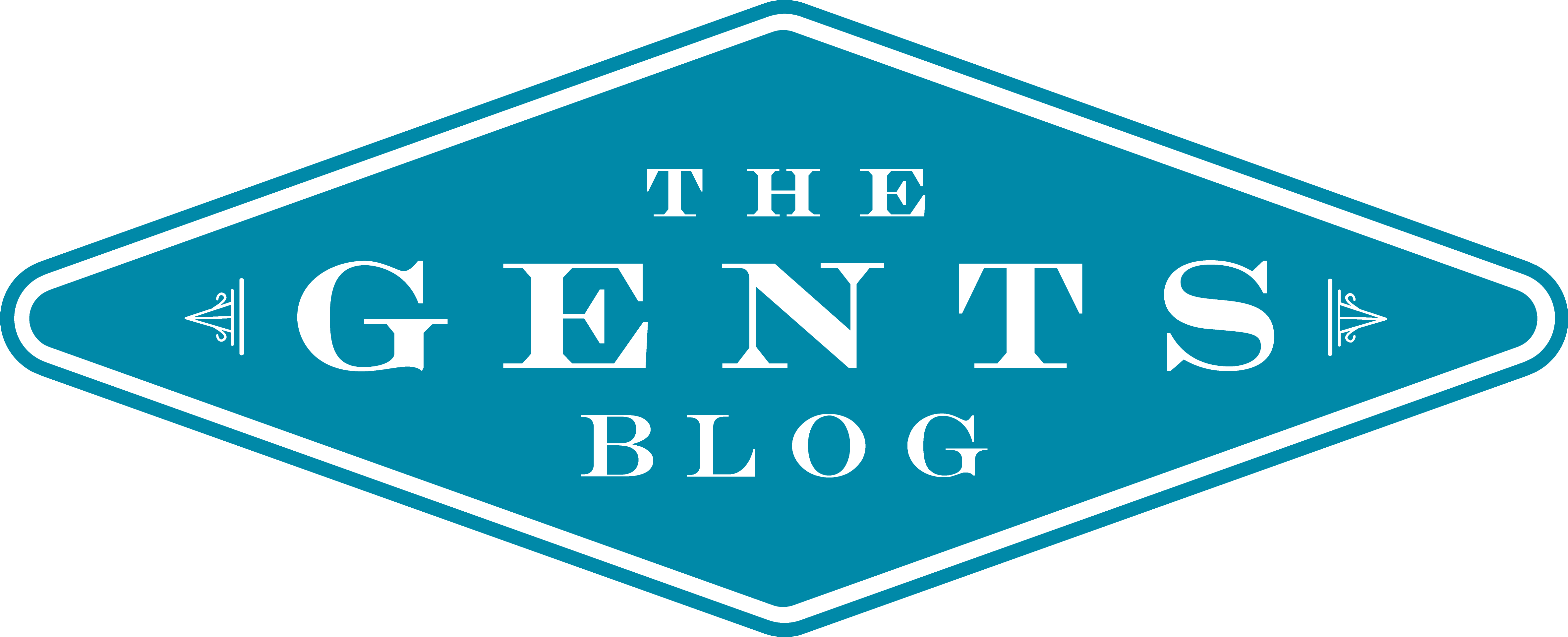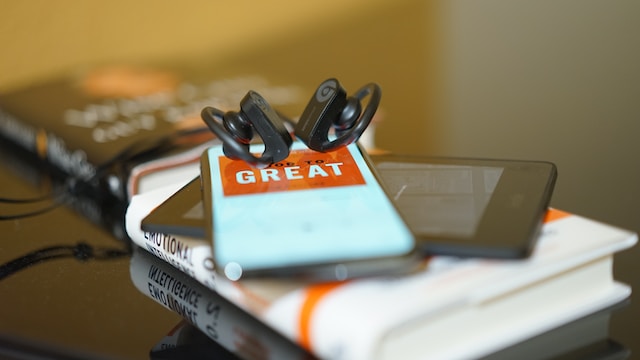Multitasking is an epidemic, and audiobooks are collateral damage in the war against multi-tasking. Some people can listen to audiobooks and retain information while driving, typing, or exercising. Others have trouble remembering what was said two paragraphs previously and find themselves repeatedly skipping backward when listening to a book, their thoughts having drifted toward yesterday’s conversation or tonight’s dinner plans.
Having someone read the book to you while performing other tasks is intriguing. The truth, however, is that listening to someone else read the book to you instead of reading the words for yourself is far from beneficial. Some studies suggest that heavy and regular use of multitasking makes it harder to maintain focus and decreases memory effectiveness.
But does that mean that we can’t learn from listening to a book read by someone else?
One Thing At A Time
While listening to an audiobook and simultaneously performing other tasks may save you time, they rarely provide a more comprehensive understanding of the material when compared to reading the book yourself. So, if you must listen to a book as opposed to reading the words, the key to retaining and understanding what you are hearing is being able to take the time and attention to focus on what is shared with you. Giving yourself space to listen, digest, question, and investigate the material is what makes reading a book so rewarding. Taking this same time with an audiobook instead of using the audiobook to occupy space while performing other tasks, is the key to getting the most value from what you listen to.
If your book of choice is of the fiction genre, listening to it while balancing your budget on your computer may be achievable. However, when the book has the intent of teaching you something, you may want to pause the spreadsheet and give your full attention to the author or narrator.
Take Notes To Learn
One of the best ways to learn from any book, whether in written form or read aloud, is to take notes as you follow along. While most audiobook apps have note selection capability through the press of a button, taking the time to listen and physically write down your notes is more beneficial in helping you retain the information shared with you. Physically writing down your notes also gives the added benefit of reviewing the data on multiple passes, which allows you to hone your focus to only the key objectives of a passage.
Having A Conversation With The Author
Another consideration when using an audiobook to learn from is making sure that the narrator is someone you can tolerate over multiple hours. Having someone read to you whose voice and delivery make you feel like you are listening to fingernails scratching down a chalkboard is not going to help you learn. Before spending your money on an audiobook, make sure that you give the sample a listen. You should also look through the reviews of the narrator on the book you have chosen, to make sure that there isn’t something that will make the listening experience more uncomfortable than it should be.
The narrator of a book can make a huge difference in what you take away from a book. When the author is also the narrator, you can be confident that the true meaning and emphasis of the author are delivered adequately through the narration. However, not everyone is meant to read aloud to the masses. A bad narration can sink a book as quickly as bad writing can.
Finally, looking for books that provide a conversational feel, compared to a stuffy or rigid reading, helps get the maximal impact from listening to an audiobook. The ups and downs of a conversational approach can also help eliminate the monotone that someone listening to a book over an extended period can experience. Some books even combine the reading of an audiobook with a question-and-answer interlude which can make the listening experience more enlightening.
Whether you are looking to fill the gaps between other activities with the soothing sounds of an audiobook or someone who needs to focus on the words being read to you, the key to getting the most from your listening is to not force it. Listen at your own pace and don’t think of reading the book as a project in efficiency, but instead a time of enlightenment.




Yes! This post is spot-on, and reflects my biggest concerns: my retention with audiobooks is terrible! Perhaps I’ll retain more once self-driving cars take over. Going to start note-taking (by hand), but also want it later searchable among my other electronic notes and materials.
I find that taking notes by hand are the best for retention, although I do find the bookmark feature on Audible helpful. There are some new technologies coming out that allow you to hand write your notes onto an electronic pad, and have the hardware transfer to a typed digital note.
That being said, I am playing around with a commonplace book and notes system similar to what Ryan Holiday uses, who learned it from Robert Greene, etc. I have ideas of grandeur that involve moving those notes into an Excel spreadsheet, but I think that may just be the data need in me. 🙂